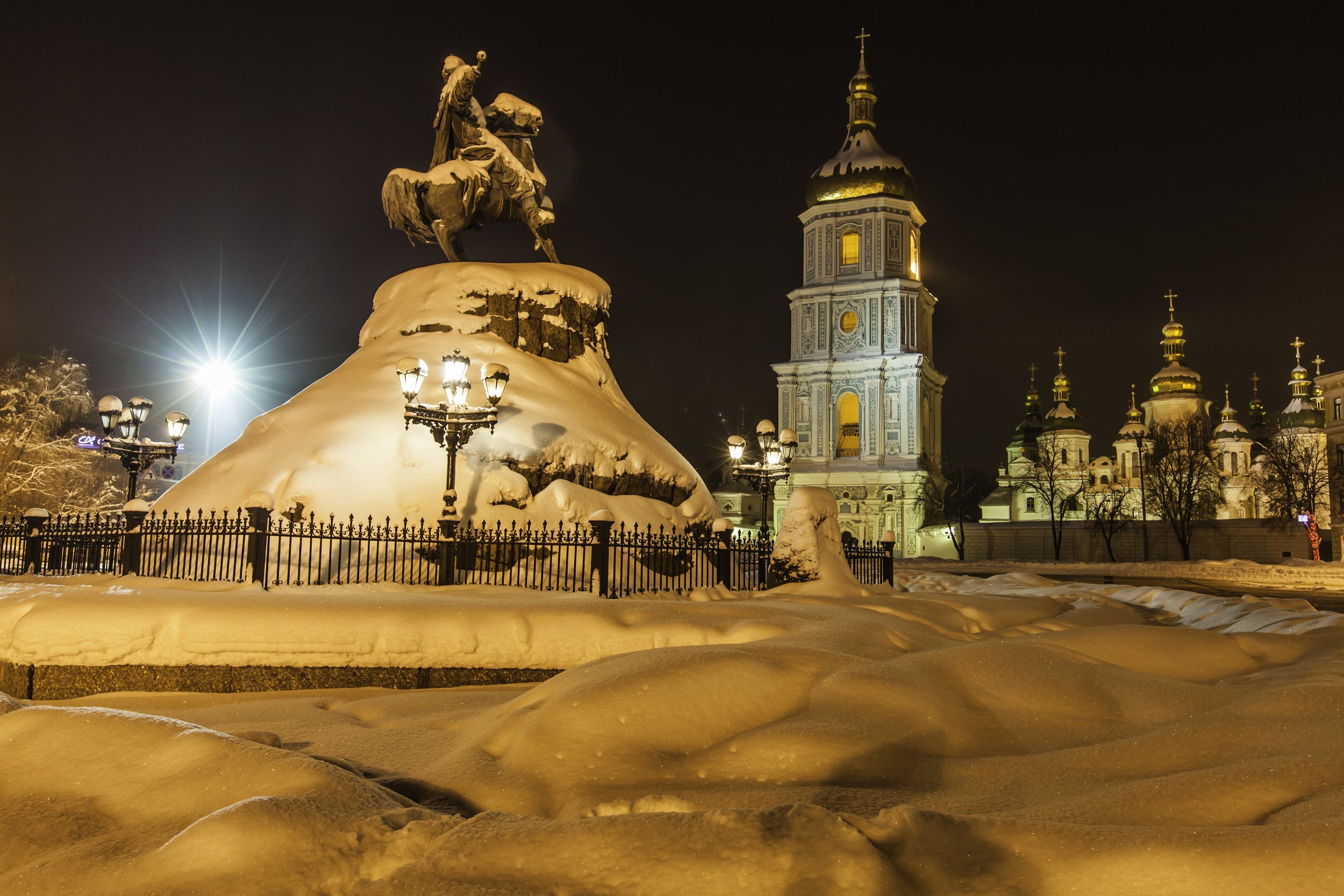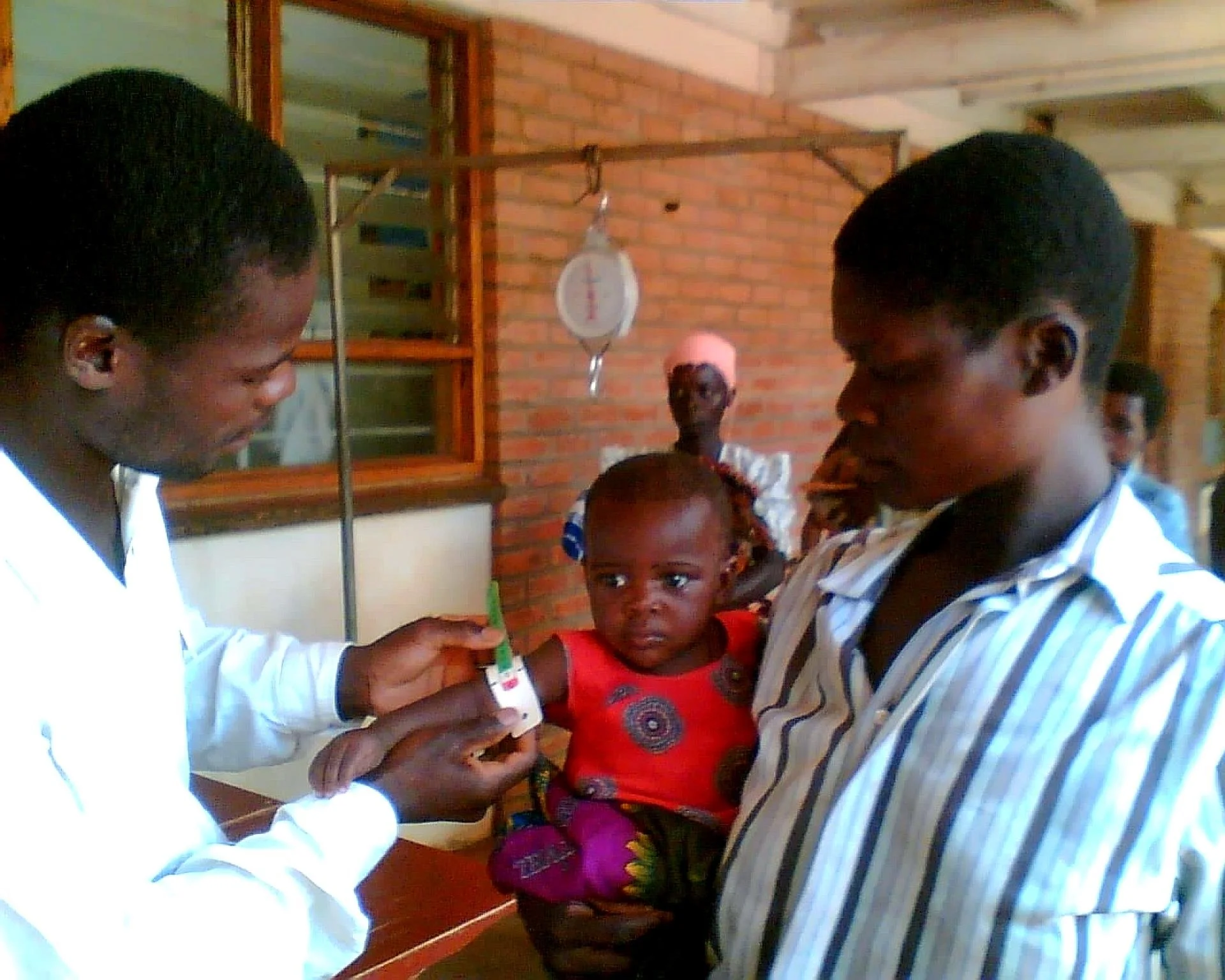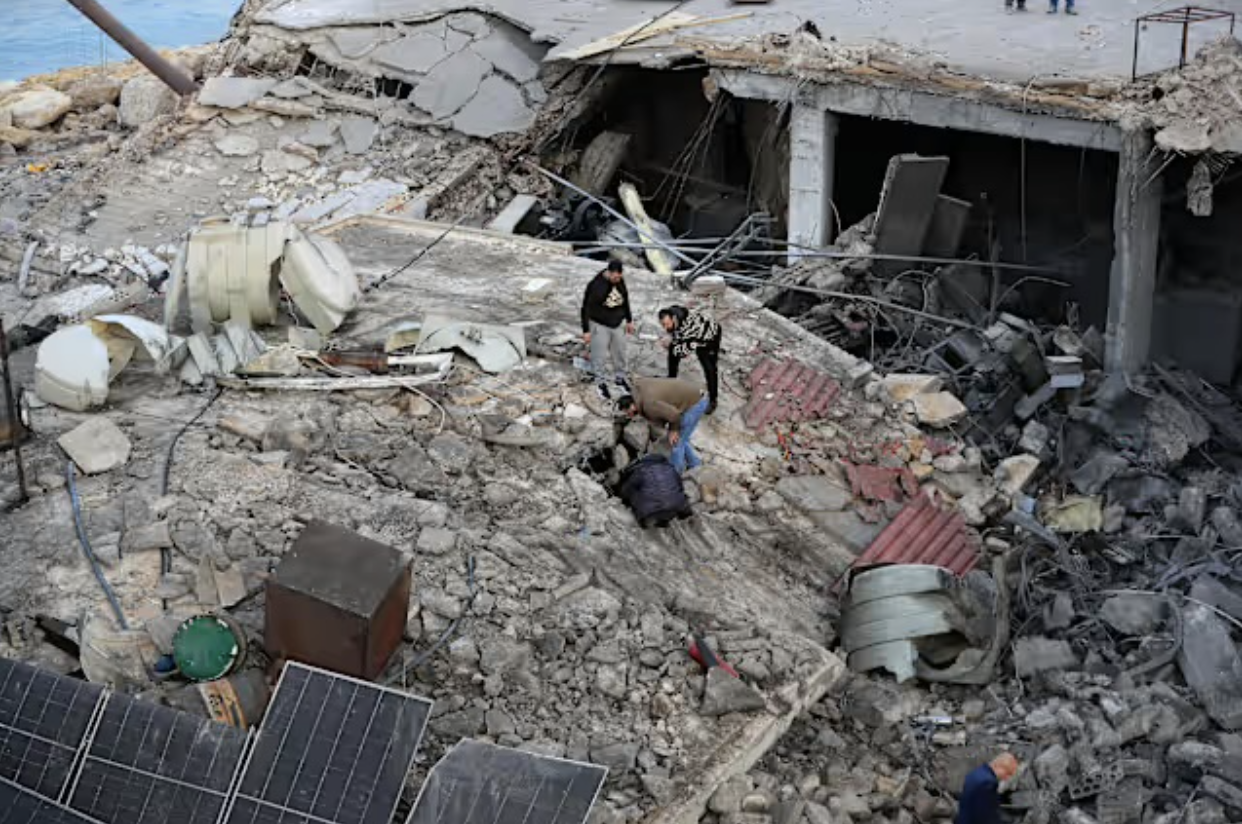Tshisekedi Calls for UN Withdrawal After Twenty-Year Congo Deployment
DRC President Felix Tshisekedi speaking during a 2019 summit (Wikimedia Commons).
During a September 20 speech to the UN General Assembly, DRC president Felix Tshisekedi called for the withdrawal of international peacekeepers from the country’s embattled east, citing a need for his nation to “take full control of its destiny.” Tshisekedi’s statements reflect growing civilian anger towards the UN’s MONUSCO mission (“Mission de l'Organisation des Nations Unies pour la Stabilisation en République Démocratique du Congo”), which originally deployed in 1999 after the Second Congo War.
Perceptions of MONUSCO have soured in the country’s eastern region due to the force’s perceived ineffectiveness. In November 2012, a rebel group known as M23 captured the regional capital of Goma despite a significant UN presence. “What purpose do they serve?” a local resident asked The Guardian, adding, “They do nothing!”
A decade later, in July 2022, an M23 offensive threatened Goma once again. As before, MONUSCO faced criticism from terrified locals for not stopping the group. Four UN peacekeepers and over two dozen civilians were killed in anti-UN riots that saw Blue Helmets open fire on armed rioters. In response, Tshisekedi’s government expelled a MONUSCO spokesman and began calling for an acceleration of the mission’s planned withdrawal.
During the following year, anti-UN demonstrations continued, culminating in riots this September that left 43 dead. In a statement, MONUSCO “deplored” the “heavy loss of life” caused by what it described as a “banned demonstration.” This violence set the stage for Tshisekedi’s September 20 announcement to the General Assembly where he characterized the UN’s withdrawal as a “necessity to ease tensions between [MONUSCO] and our fellow citizens.” The government’s proposal would accelerate the UN's current exit plan by a year, expelling MONUSCO in December 2023. The mission’s withdrawal would then coincide with the Congolese general elections, in which Tshisekedi is seeking to stay on as president.
If expelled this year, MONUSCO will leave the DRC’s East in a state of simmering conflict. Per a September 28 UN presser, American representatives have “voiced concern that the [DRC] and regional security forces are not prepared to meet the Congolese people’s security requirements.” Responsibility for keeping the peace will fall largely on the East African Community Regional Force (EACRF). In the past, Tshisekedi has fiercely criticized this multinational group, which includes longtime DRC rival Rwanda. However, this September saw him consent to a renewal of the EACRF’s mandate, praising the group for being “much tougher on the armed groups.” Such toughness will be necessary if the currently dormant rebels resurface to launch a new offensive. According to a Belgian journalist embedded in East Congo, “the M23 is preparing itself for a bigger war.”




